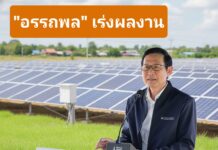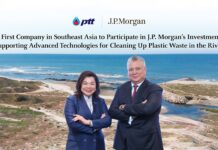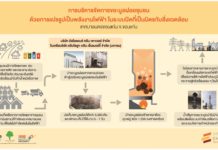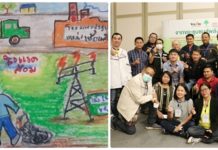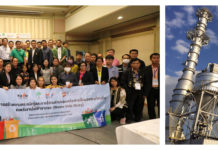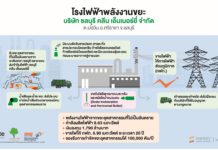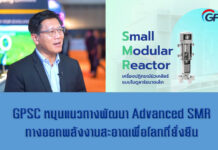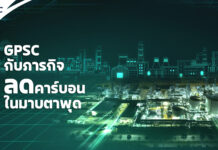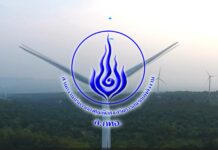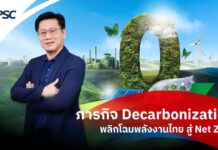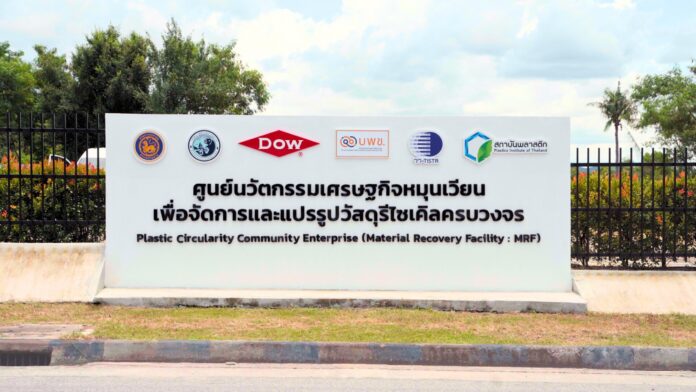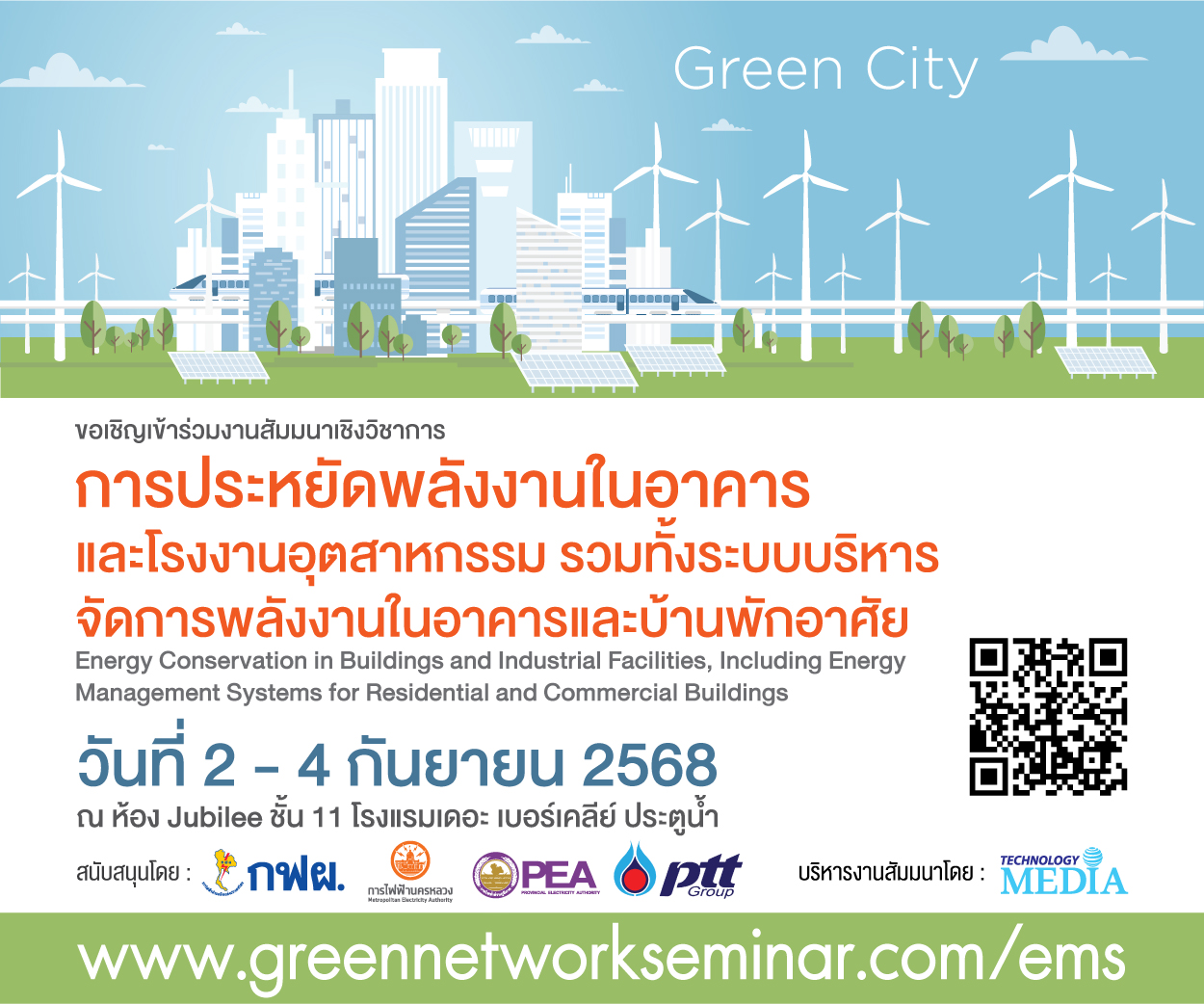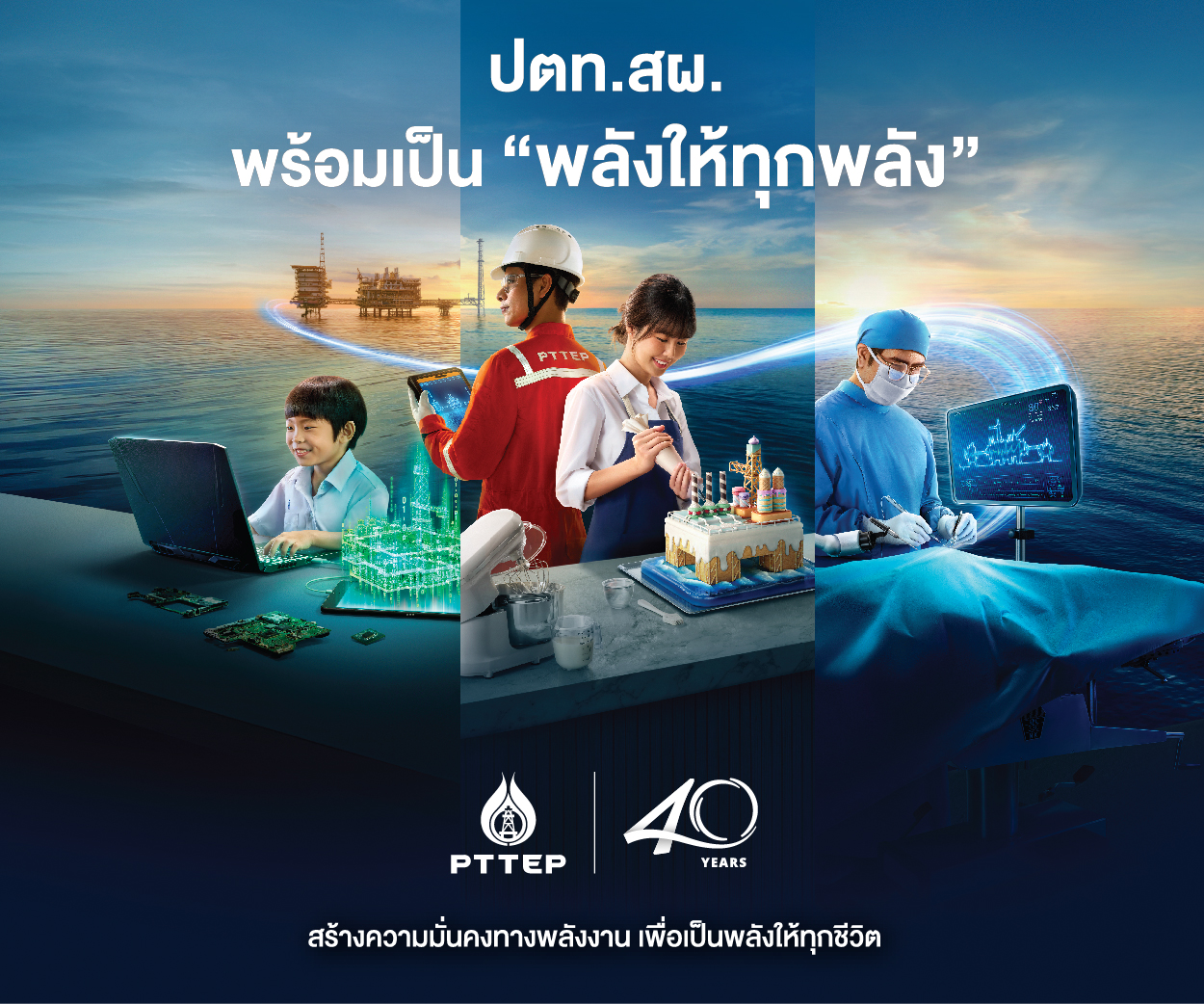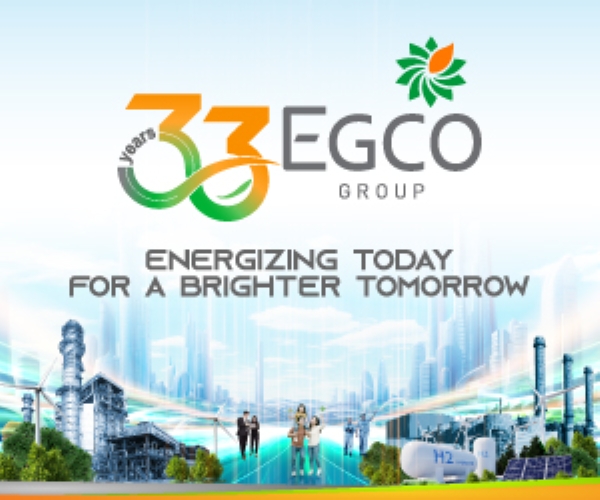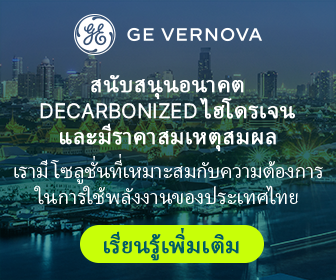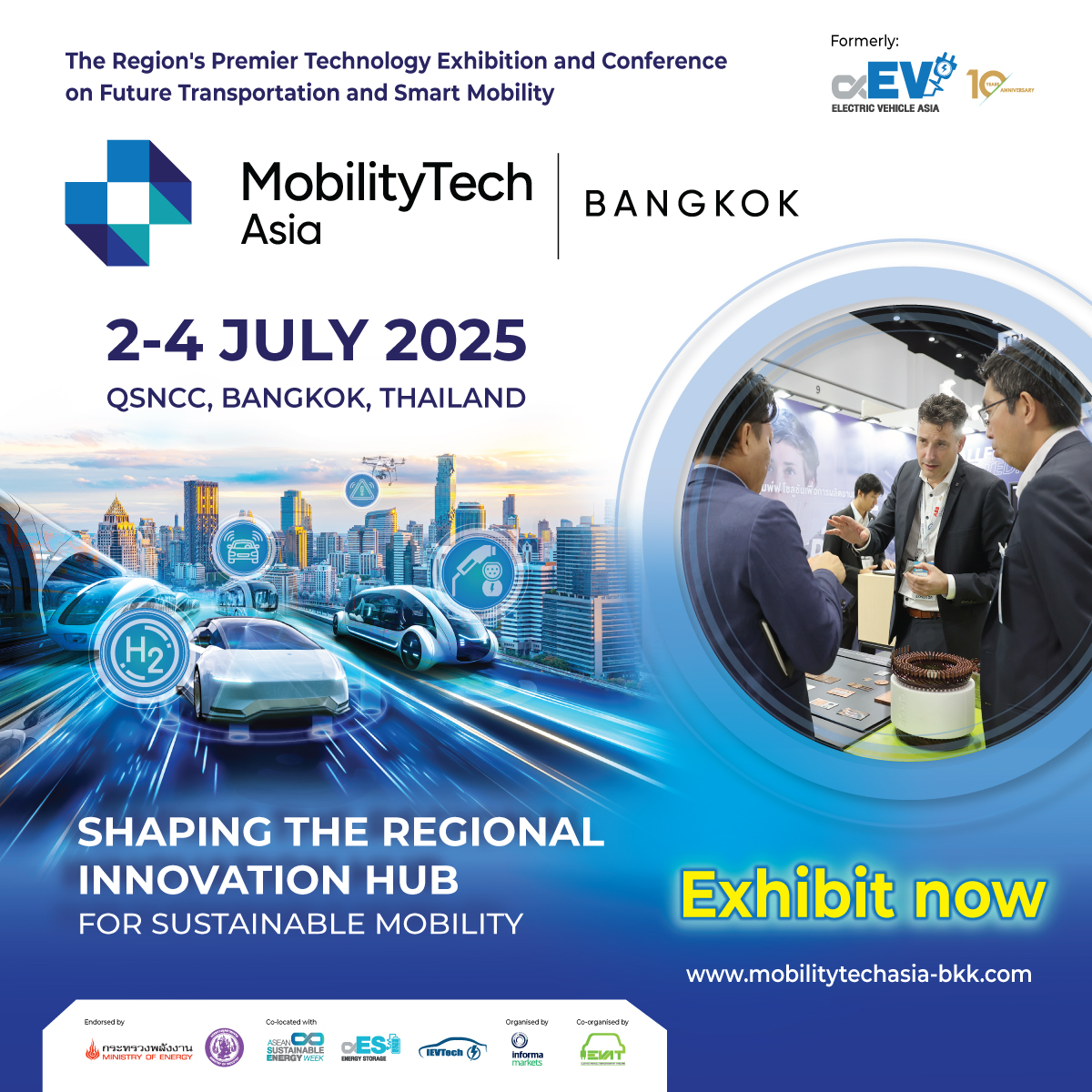The Material Recovery Facility (MRF), Thailand’s first circular economy innovation center for integrated recycling material management and processing, has made significant progress since it began operations a year ago. Located in Ban Chang District, Rayong Province, this community-operated facility has successfully raised awareness about waste separation, leading to a reduction in disposable waste. Additionally, the MRF has created jobs and increased income for local resident.
Waste management, particularly for used plastics, remains a challenge in many communities. Ban Chang, a district experiencing continuous growth as a hybrid town with both industrial and agricultural areas, faces complex waste management issues. To address these challenges, the local MRF was established as a new approach. This facility is the first of its kind in Thailand, operated by community members.
The MRF is funded by the Dow Business Impact Fund and the Program Management Unit for Competitiveness (PMUC), with a total budget of 20 million Baht. PMUC, a government research funding unit, aims to promote collaboration across sectors to enhance the competitiveness of Thailand’s industrial sector. The MRF has also received support from various organizations, including technological assistance from the Thailand Institute of Scientific and Technological Research (TISTR) and strong collaboration led by the Plastics Institute of Thailand (PITH), local agencies, and community members.
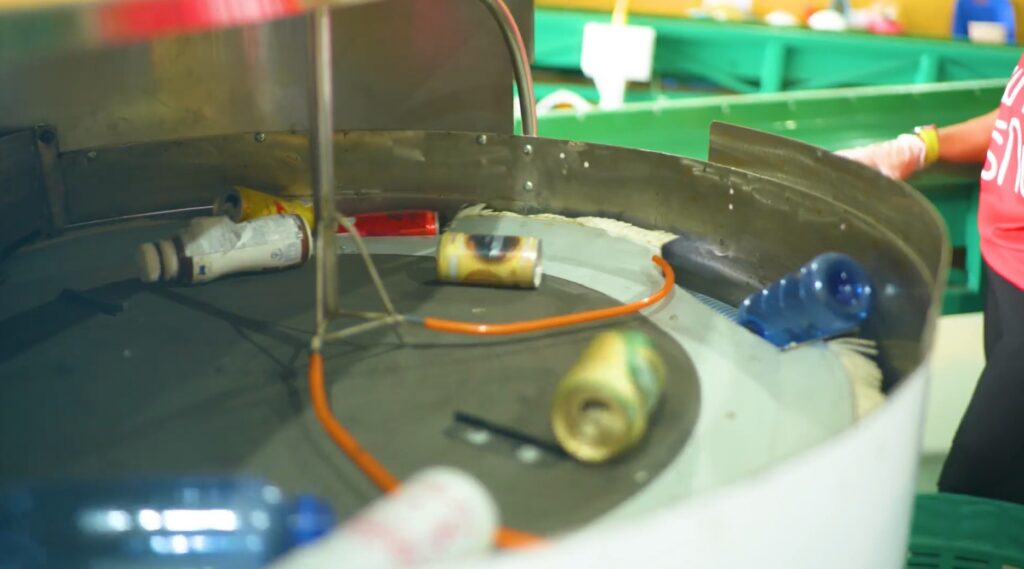
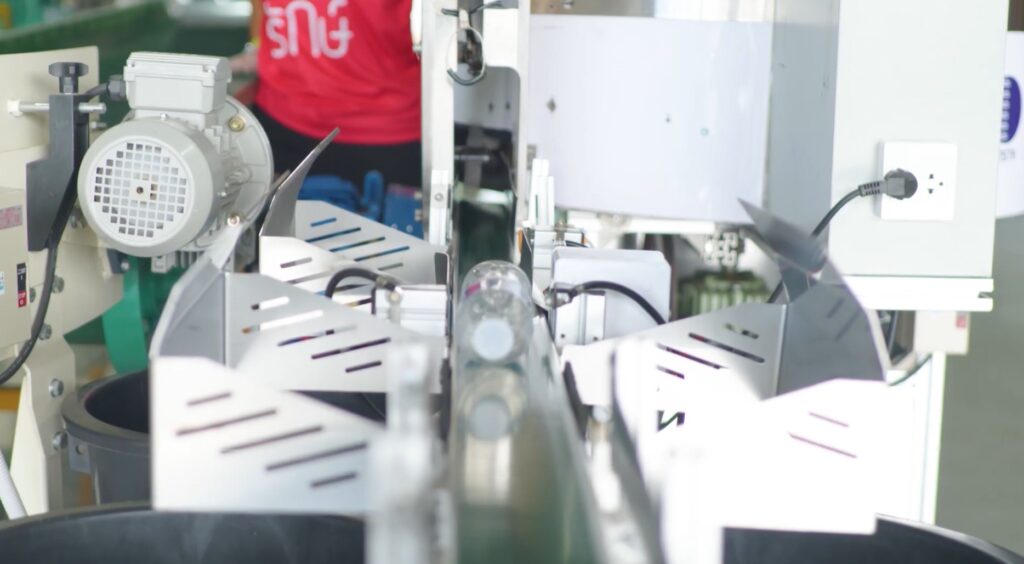
Officially started up in September 2023 and fully commercialized in 2024, the MRF’s primary goal is to utilize used plastics and other recyclable waste materials through proper recycling and waste utilization channels. The facility is expected to reduce landfill waste by over 1,000 tons per year and decrease greenhouse gas emissions by approximately 2,400 tons of carbon dioxide equivalent annually.
As of October 2024, the MRF has employed six community members, gained community membership from over 500 people, and generated more than 100,000 Baht in income for the community. The MRF also serves as a learning center to spread waste management knowledge nationwide.
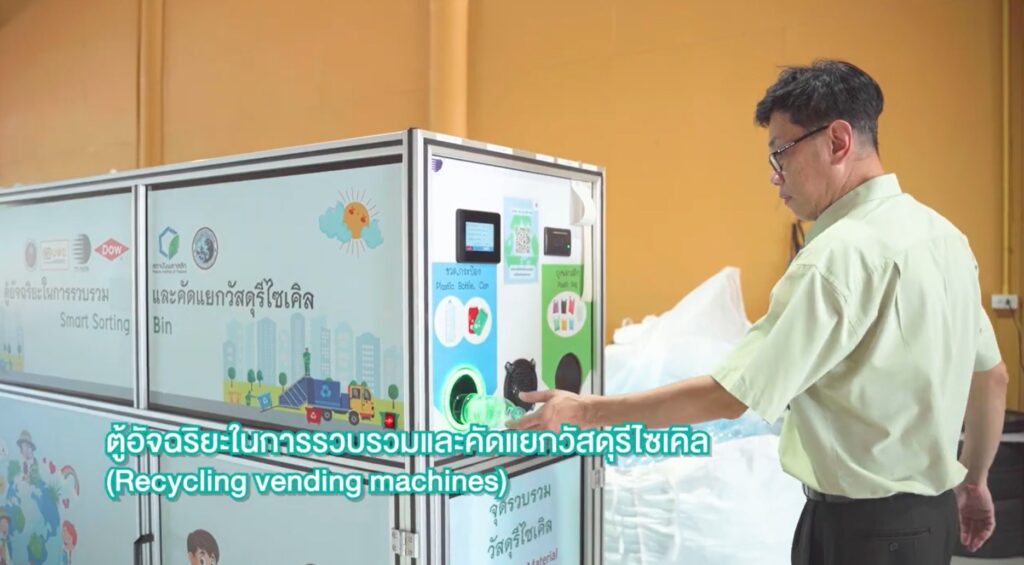
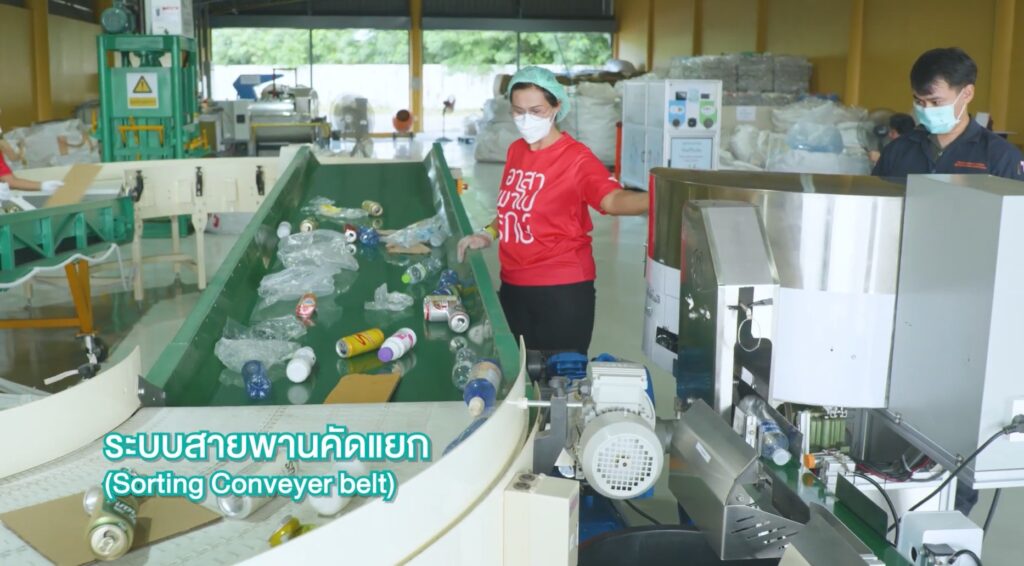
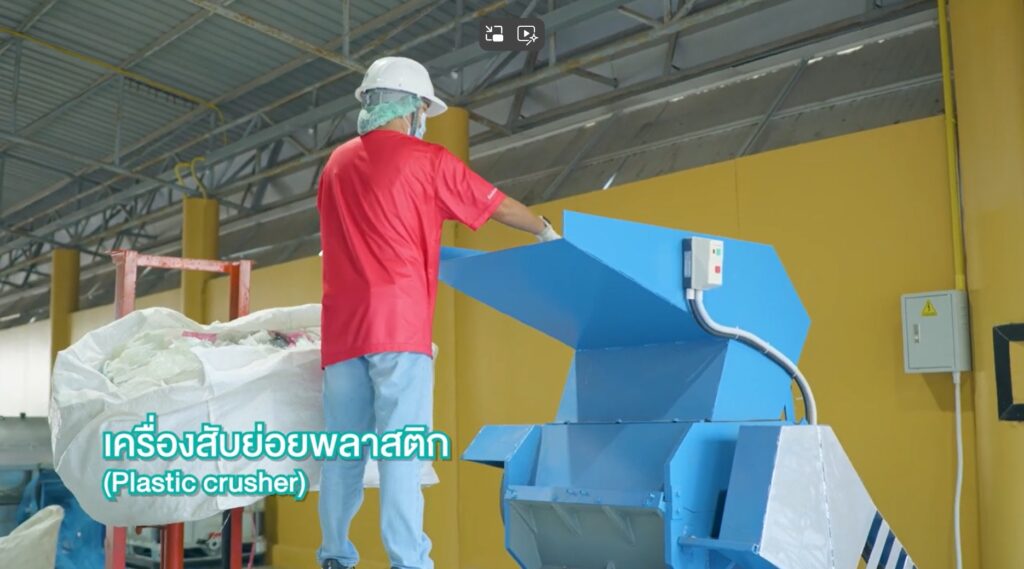
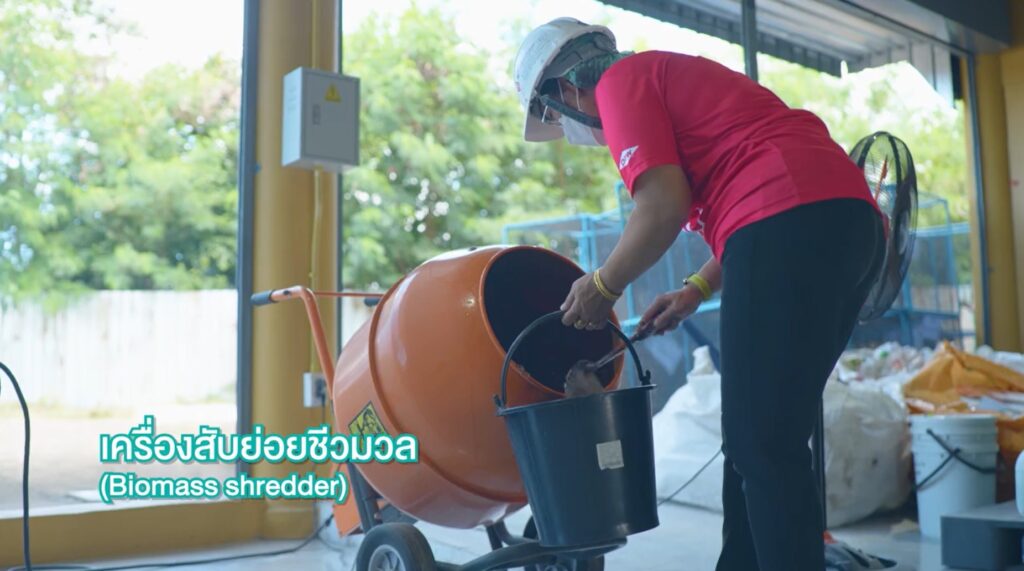
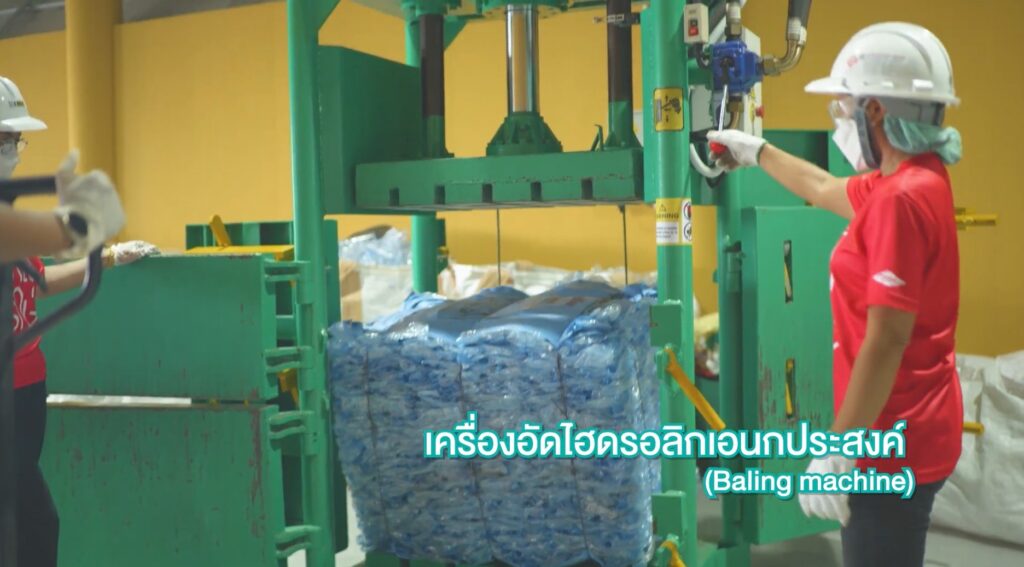
The MRF operates by collecting recyclable waste, which is then semi-automatically sorted to separate metals, aluminum, glass, and paper from plastics. Advanced technologies (NIR) are used to further sort plastic types. Rigid plastics (bottles and gallons) are baled, while flexible plastics (films and bags) are washed, dried, and sent to recycling factories.
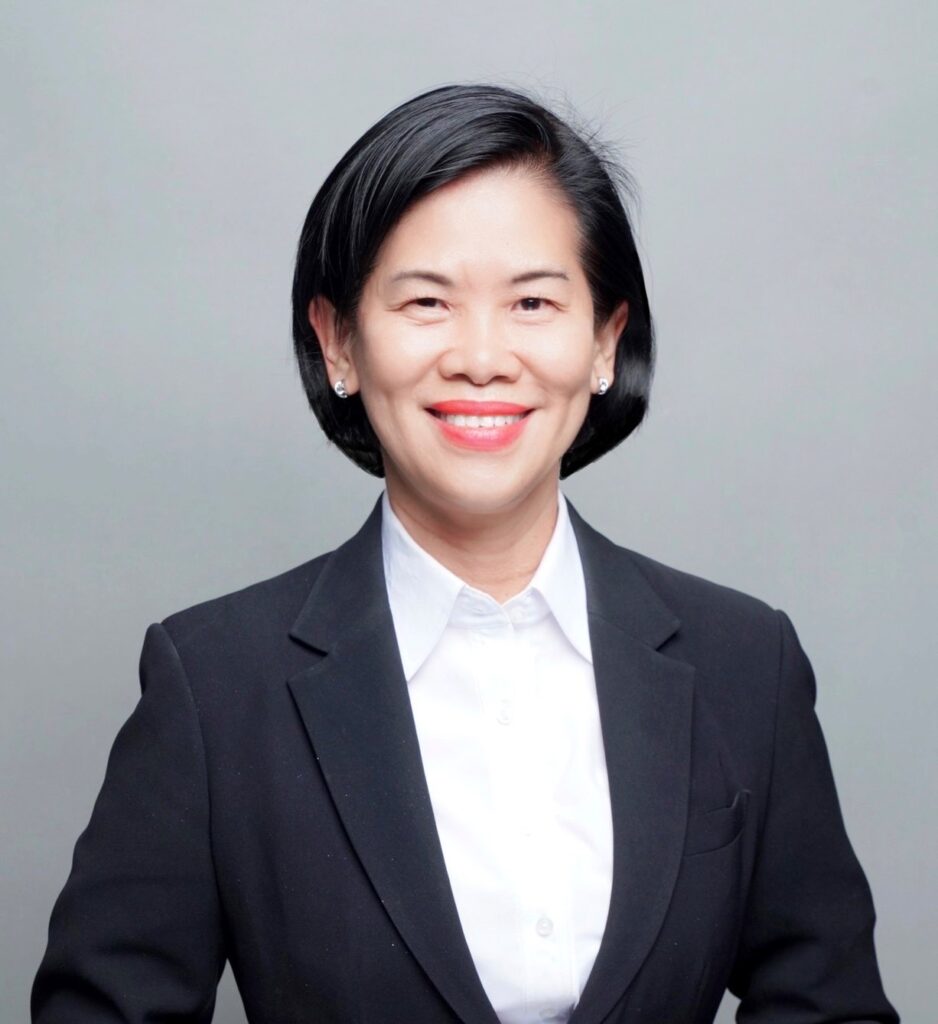
Dr. Pongwipa Lorsomboon, Chairperson of the Circular Economy Subcommittee, PMUC, said, “PMUC supports the establishment of the MRF based on the circular economy principles. This is to maximize the recycling of resources and reduce the amount of waste and greenhouse gas emissions in Thailand as an effort to address global climate change. In addition, the operation at MRF also help generates income and business opportunities for the community through a complete value chain collaboration.”
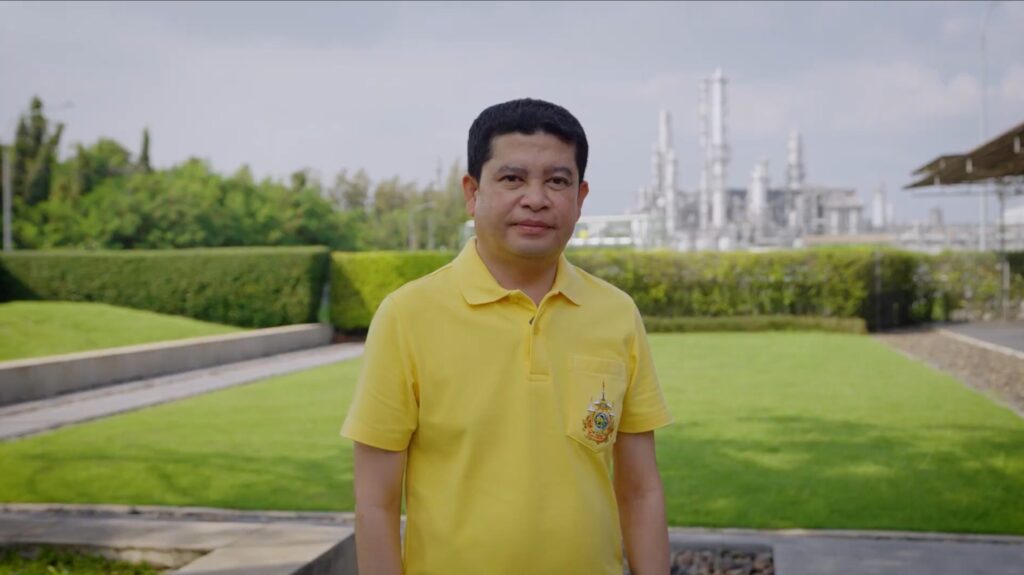
Mr. Kittipong Urawat, Chief District Officer of Banchang, said, “People in the community are now aware that waste has value and can be sold. As a result, more people are properly sorting their waste at home. When waste disposal behavior changes, the amount of waste in the area decreases, allowing the recycling of waste materials. In addition to generating income from waste sorting, the MRF in the future will create income from visits by various groups as individuals would receive the compensations for being speakers sharing their experience to visitors and some can earn from food sales to tourists. The center later can serve as a model for expansion of the waste management by community to other areas or nationwide.”
In conclusion, PMUC’s funding to MRF has been the starting point for a concrete solution to the waste problem in the Ban Chang community. This has benefited multiple dimensions. For the environment perspective, the MRF works to prompt the household waste sorting and reducing the amount of waste as well as creating a community of people who care about the environment. Economically, it has created jobs, generated income for community members from the sale of recyclable waste, and at the end led to the sustainable development of the community.
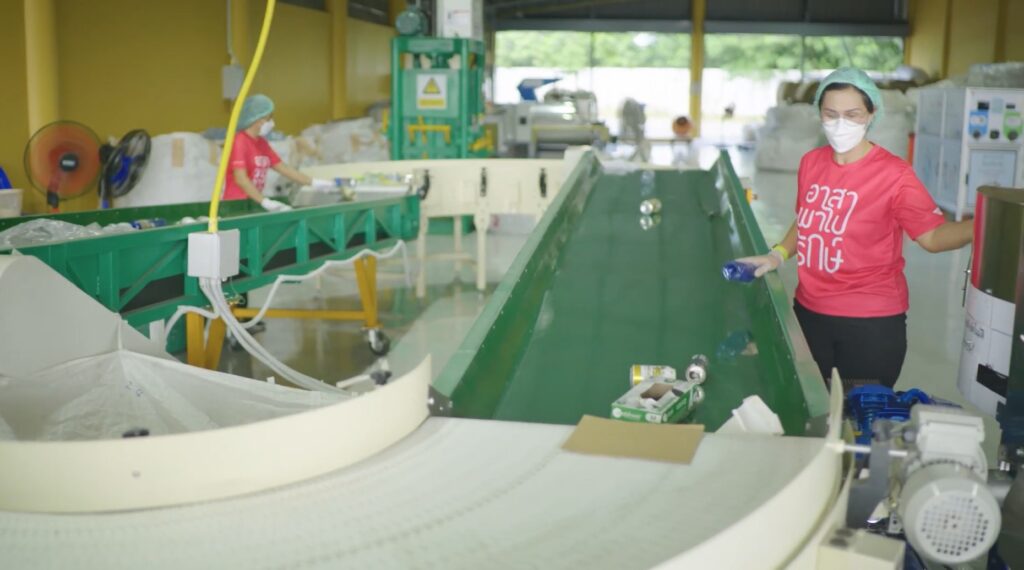
–








